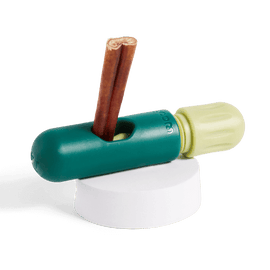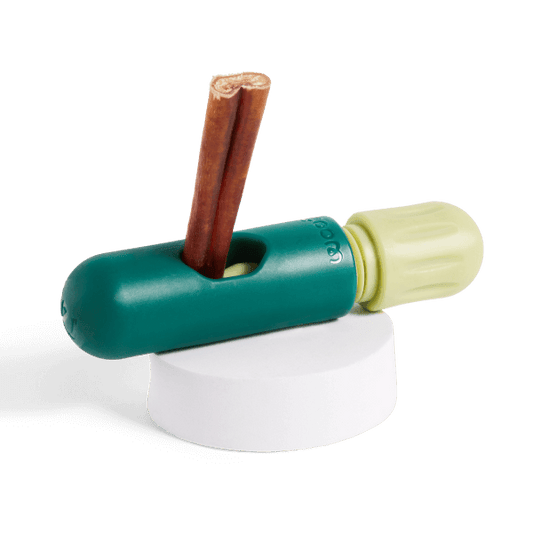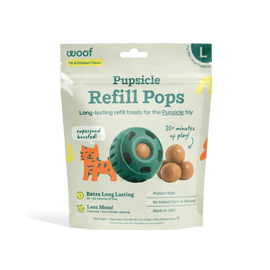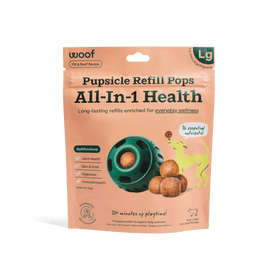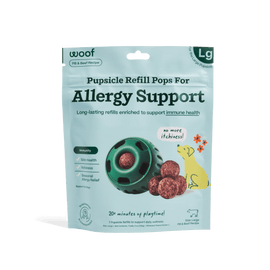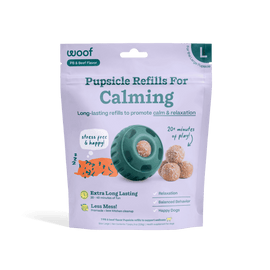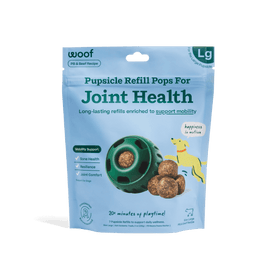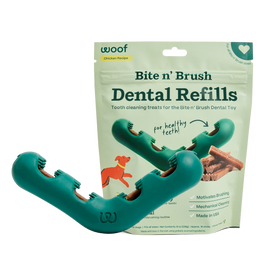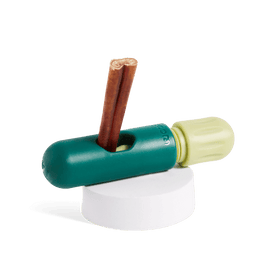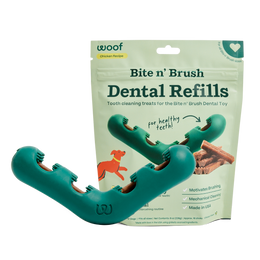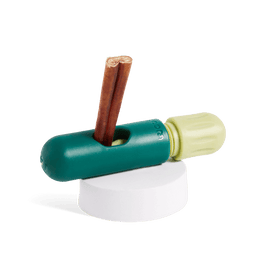
As our beloved canine companions age, it's natural to seek ways to keep them comfortable and active. Arthritis is a common concern among older dogs, leading many pet owners to explore various supplements and remedies to alleviate joint pain and improve mobility. One such supplement that often comes into question is vitamin C. But is vitamin C good for dogs with arthritis?
Let's delve into this topic to understand its potential benefits and considerations.
Understanding Arthritis in Dogs
Arthritis, or osteoarthritis, is a degenerative joint disease characterized by the breakdown of cartilage, leading to pain, inflammation, and reduced mobility. It's prevalent in senior dogs but can also affect younger dogs due to factors like genetics, injury, or obesity.
The Role of Vitamin C in Canine Health
Vitamin C, known scientifically as ascorbic acid, is a vital nutrient that serves several functions in a dog's body:
- Antioxidant Properties: It helps combat free radicals, reducing oxidative stress.
- Collagen Synthesis: Essential for the production of collagen, a protein that supports joint, skin, and connective tissue health.
- Immune Support: Enhances the immune system's ability to fight off infections.
Can Dogs Produce Their Own Vitamin C?
Unlike humans, dogs can synthesize vitamin C in their livers. Under normal circumstances, this endogenous production meets their daily requirements. However, certain conditions, such as stress, illness, or aging, might deplete their vitamin C levels, potentially necessitating supplementation.
Vitamin C and Arthritis: What's the Connection?
The interest in vitamin C as a remedy for canine arthritis stems from its role in collagen production and its anti-inflammatory properties. Collagen is crucial for maintaining the integrity of cartilage—the cushioning material in joints. By supporting collagen synthesis, vitamin C may help in preserving joint health.
Additionally, vitamin C's antioxidant capabilities can reduce inflammation, a primary source of pain in arthritic joints. Some studies suggest that vitamin C supplementation might alleviate symptoms of arthritis by decreasing oxidative stress and inflammation.
Considerations Before Supplementing
While vitamin C has potential benefits, it's essential to approach supplementation with caution:
- Dosage: Excessive vitamin C can lead to gastrointestinal upset, including diarrhea. It's crucial to determine the appropriate dosage based on your dog's size, age, and health status.
- Form of Vitamin C: Various forms exist, such as ascorbic acid, calcium ascorbate, and sodium ascorbate. Some are more easily absorbed and gentler on the stomach.
- Consultation with a Veterinarian: Before introducing any supplement, especially for managing conditions like arthritis, consult your veterinarian. They can provide guidance tailored to your dog's specific needs.
Natural Sources of Vitamin C for Dogs
If you're considering natural ways to boost your dog's vitamin C intake, certain fruits and vegetables are safe and beneficial:
- Blueberries: Packed with antioxidants and vitamin C.
- Strawberries: Another excellent source of vitamin C.
- Broccoli: Offers vitamin C along with fiber.
- Bell Peppers: Particularly the red variety, high in vitamin C.
Always introduce new foods gradually and in moderation, ensuring they don't upset your dog's digestive system.
Woof's Joint Support Solutions
At Woof, we understand the challenges of managing canine arthritis and are dedicated to providing products that support joint health:
- Hip & Joint Pops: Delicious treats formulated to support joint function and mobility.
- Hip & Joint Chews: Soft chews designed to promote cartilage health and reduce inflammation.
- Salmon Oil: Rich in omega-3 fatty acids, known for their anti-inflammatory properties, aiding in joint health.
Final Thoughts
While vitamin C offers promising benefits for dogs with arthritis, it's not a standalone cure. A comprehensive approach, including a balanced diet, regular exercise, weight management, and veterinary care, is essential for managing arthritis effectively. Before making any changes to your dog's health regimen, especially concerning supplementation, always seek professional veterinary advice to ensure the best outcomes for your furry friend.


